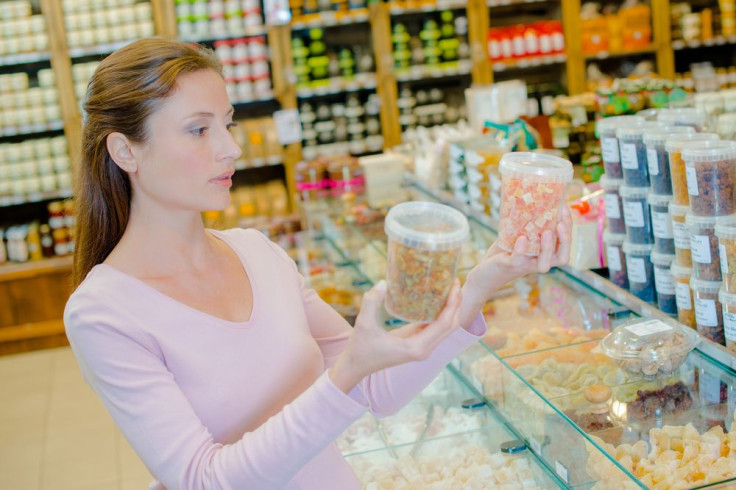How Memory Influences Decision-Making: We Are Biased Toward Remembered Food Options

What role does memory play in our decisions? The stronger our memory of a certain food, the more likely we are to choose it — even if it’s not the most desirable option, say psychologists at the University of Basel. Their new brain scan study investigated how our memories interact with our choices and found it to be a less straightforward relationship than previously imagined.
“People are biased toward remembered options and reject them only if they are very unattractive,” wrote the researchers in their study.
To test whether memory influences decisions, the researchers introduced 30 hungry people to 48 snacks, including potato chips, chocolate bars, and pretzels, and asked how much they would pay for each. Next, the study participants lay inside an fMRI scanner where they were asked to choose repeatedly between two snacks.
There was one small hitch — the snacks had been presented in a particular location on a computer screen with some appearing just once, others twice. During each run when they decided between two, participants saw only snack locations, not the snacks themselves. To choose, then, participants needed to recall which snack fit the location that appeared on their screen. Since some had appeared twice, the participants had stronger memories of them than those that appeared only once.
What happened?
Memory & Risk
Naturally, when participants remembered both snacks, they chose the one they rated highest in the financial value assessment. When they could recall neither, participants performed at the level of chance. But when they remembered only one snack, things got interesting.
Here, participants chose the snacks they more easily recalled, the researchers discovered. They even chose snacks they had ranked low if they could recall them better. In fact, they only rejected the snacks they thought of as extremely undesirable.
“The results show that when one snack was forgotten, participants were biased toward choosing the remembered snack but did not select it in all instances,” wrote the authors in their published study. “Instead, they seemed to compare the recalled snack to a reference value and rejected the snack if its value was below this reference.”
Looking at the brain scans, the research team examined the neural mechanisms underlying each participant’s memory-based decisions. Their analysis showed an increase in communication between the hippocampus (where our brains consolidate memory) and the ventromedial prefrontal cortex (where our brains form decisions), but only when one snack was remembered.
Their findings “suggests that the [hippocampus] does not simply play a ‘neutral’ role of informing the [ventromedial prefrontal cortex] about the choice alternatives,” wrote the authors in their conclusion. “Instead, it appears to bias the choice process toward better remembered items.”
Why are we drawn to the better remembered option? The researchers say it might be because we pay more attention to a remembered option. Ultimately, we risk selecting an unknown only when we are more or less certain it has to be better than what we remember. Seems there should be plenty of ways to apply this new knowledge. At the very least, we can think about this study the next time we begin a new diet.
Source: Gluth S, Sommer T, Rieskamp J, Büchel C. Effective connectivity between hippocampus and ventromedial prefrontal cortex controls preferential choices from memory. Neuron. 2015.



























